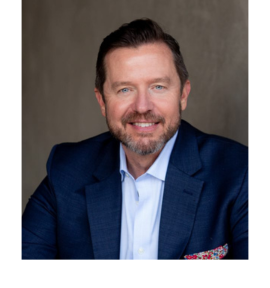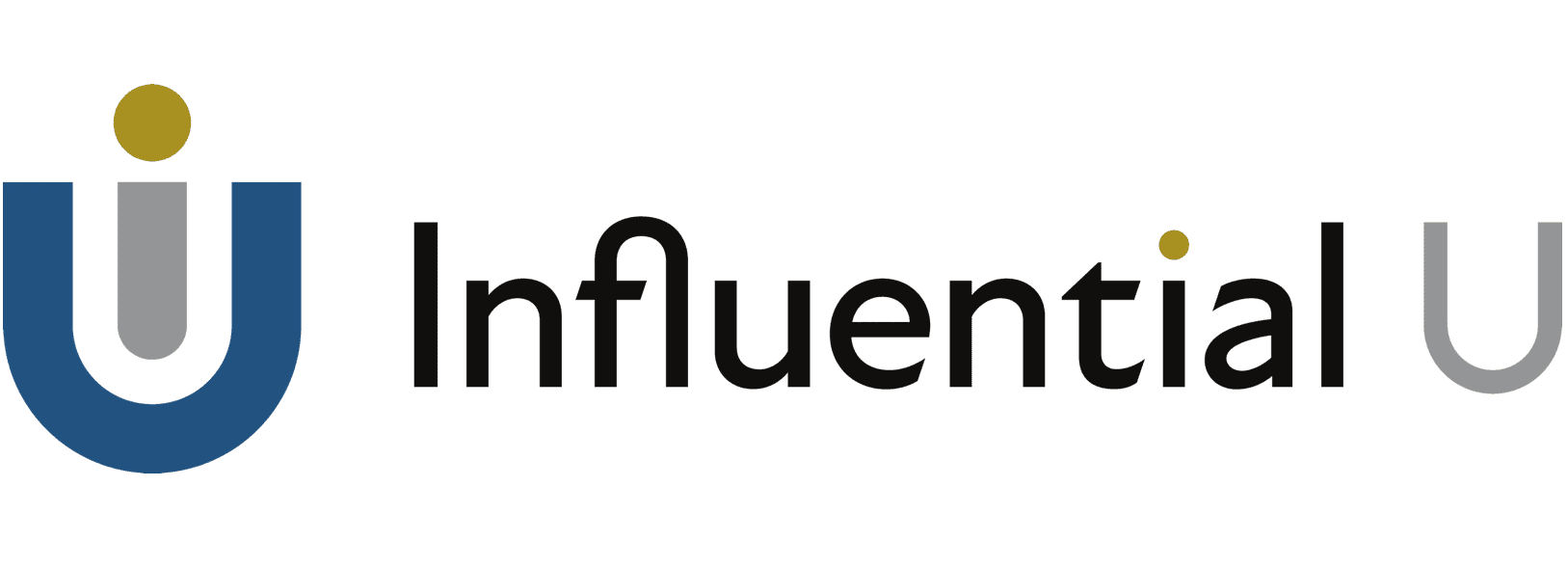Embracing a New Journey
In 2007, I removed myself from Landmark Worldwide after devoting over two and a half decades to its personal development programs. First participating in 1987, from 1992 to 2007, my roles within the organization were varied and deeply immersive; for those in the know, I served as a Seminar Leader, SELP Leader, ILP Classroom Leader, ILP Weekend Leader, Staff Member, and Center Manager. Throughout these years, I was privileged to meet many remarkable individuals united by a common purpose: to celebrate our shared humanity and contribute to building a better world. I’m writing this opinion article because I am often asked about this long period of my history and how it led to my role with Influential U.
My 2007 departure from Landmark was not just a simple career change but a profound personal extraction marked by complex emotions and realizations. At the time, I wasn’t merely a participant; it was my career, job, relationship, community, education, and purpose. Like many who have since reached out to me for transformation rehab, my experience with Landmark was both incredible and, at times, rather dreadful. The positive aspects were undeniable—the transformative power of the education, the profound connections with like-minded individuals, and the shared commitment to personal growth. Yet, alongside these beautiful experiences, a darker, more challenging culture ultimately led to my divergence.
“At the time, I wasn’t merely a participant; it was my career, job, relationship, community, education, and purpose. Like many who have since reached out to me for transformation rehab, my experience with Landmark was both incredible and, at times, rather dreadful.”
Since leaving, I have engaged in far too numerous #MeToo-ish conversations with former colleagues and leaders. These conversations share a common thread: while many cherished the transformative education, we also had to contend with its exploitative conduct. Anne Peterson’s recent book, Is This a Cult?: Confronting the Line between Transformation and Exploitation explains the typical experience for many of us who held senior leadership positions—Brian Nord’s interview, titled, The Cult of Landmark, shares similar sentiments. The pressure to produce results, the double-bind of integrity ("be your word no matter what"), and the overreach of responsibility ("the willingness to be the cause in the matter") created a culture that could be both uplifting and oppressive. While Anne and I both answer the question, “No, it’s not a cult,” some behaviors are cult-like, and some “distinctions” (foundational principles) were taken to the extreme. Now, 15 years later, many (including me) have realized how they became overly convinced of these beliefs or ideologies, to the point of being irrational or unthinkingly enthusiastic—often to their detriment.
A "double bind" is a psychological predicament in which a person faces two irreconcilable demands or conflicting messages. The company built this dilemma on a practice that we should declare and live as if we were the cause of everything in our lives and that maintaining integrity meant adhering to our commitments no matter the personal cost (to ourselves or those around us). This convention often led to guilt and inadequacy when we couldn't successfully wrestle with life’s obstacles. Furthermore, taking responsibility for my view or interpretation doesn't mean I can (or should) take responsibility for more complex systems. For example, I am not “cause in the matter” of the weather, natural disasters, biological processes, death, or other people’s actions. I am not responsible for large-scale economic trends, global political events, or the fundamental laws of gravity, thermodynamics, or physics. Most of us who tolerated the culture struggled to come to terms with being responsible rather than holding the company responsible—those who couldn’t just left.
“The company built this dilemma on a practice that we should declare and live as if we were the cause of everything in our lives and that maintaining integrity meant adhering to our commitments no matter the personal cost (to ourselves or those around us).”
Acknowledging these constraints is crucial to maintaining a realistic and healthy perspective of ourselves as mere aspects (not overlords) of larger, complex transactions. In fact, the capacity to see ourselves as mere aspects of a larger world is the only way we can construct potent exchanges responsible for that world. Believing in magical thinking doesn’t make it so—I could deny gravity, but I’d still end up on my ass.
“In fact, the capacity to see ourselves as mere aspects of a larger world is the only way we can construct potent exchanges responsible for that world. Believing in magical thinking doesn’t make it so—I could deny gravity, but I’d still end up on my ass.”
The Perils of a Self-Actional Point of View
Reflecting on my time with Landmark, one of the more challenging aspects was the emphasis on a self-actional worldview—the culture that "if it’s to be, it’s up to me." While this perspective can be empowering on the surface, it can also be perilous. It often led to a heavy burden of responsibility, where failure felt deeply personal, and success seemed entirely self-dependent. This mindset can isolate us, making it difficult to ask for help or acknowledge external factors that influence outcomes. The pressure to be the sole agent of change can be overwhelming, leading to burnout and a skewed perception of personal capability.
Furthermore, self-action (or self as overlord) produces "independence poverty," where one believes they alone can fix, cause, or do anything by themselves. In economic terms, independence poverty occurs when an individual, company, or country attempts to remove themselves from the market and sequester from the help of others. This self-isolation is the myth of autonomy and results in extreme labor and wasted resources. For an example, watch How to Make a $1500 Sandwich in Only 6 Months. Many weaned on this self-actional point of view struggle to make sufficient incomes as they naively assume they can overlord the universe into submission.
“Many weaned on this point of view struggle to make sufficient incomes as they naively assume they can overlord the universe into submission.”
Similarly, the inter-actional worldview, which emphasizes "I can cause it to happen," also has its pitfalls. While this perspective acknowledges the influence one can exert in various situations, it can create an unrealistic expectation of control over complex, multifaceted systems. Believing that one can always cause desired outcomes overlooks the contributions and influences of others and the unpredictable nature of life. This view can foster a sense of frustration and inadequacy when things don't go as planned, as well as an unfair self-blame when faced with obstacles beyond one’s control.
A Balanced Perspective: The Conditions of Life
Embracing a more balanced view that recognizes the importance of collaboration, external influences, and the interconnectedness of our actions within larger systems is crucial. It's essential to understand that while we can significantly impact our surroundings, we are not omnipotent. Acknowledging the contributions of others and the myriad external factors at play can alleviate undue pressure and foster a healthier, more sustainable approach to personal and professional growth. This balanced perspective encourages us to seek help, value teamwork, and appreciate the complex tapestry of influences that shape our lives and outcomes.
“Acknowledging the contributions of others and the myriad external factors at play can alleviate undue pressure and foster a healthier, more sustainable approach to personal and professional growth. This balanced perspective encourages us to seek help, value teamwork, and appreciate the complex tapestry of influences that shape our lives and outcomes.”
Reflecting on the broader tapestry of life, we find it essential to acknowledge that there is more to our existence than contribution alone. The Conditions of Life™ encompass a rich array of experiences and needs—personal fulfillment, emotional well-being, meaningful relationships, and the simple joys of living. These include Health, Activity, Relationship, Career, Money, Sociality, Ethics, Education, Fitness, Aesthetics, Environment, Politics, Legacy, and Spirituality/Self-Actualization. While making a difference is a noble pursuit, we must balance our endeavors with self-care, personal passions, and the pursuit of happiness in all its forms.
True fulfillment arises from a holistic approach to life, where contribution is just one part of a greater whole. The Conditions of Life are the inescapable and unavoidable conditions, situations, or circumstances that adults must address. One can ignore these conditions, but ignoring them doesn’t mean they don’t exist. We go even further to suggest that if the most fundamental of these conditions is left unattended, the consequences produce a life of difficulty and hardship. By embracing the Conditions of Life, we allow ourselves to thrive not just as contributors but as whole, vibrant individuals who savor the myriad experiences life has to offer. This balanced perspective ensures that our journey is not only impactful but also deeply rewarding on a personal level.
“True fulfillment arises from a holistic approach to life, where contribution is just one part of a greater whole. The Conditions of Life are the inescapable and unavoidable conditions, situations, or circumstances that adults must address. One can ignore these conditions, but ignoring them doesn’t mean they don’t exist.”
Far too often, when students apply for our programs, we see an imbalance in their lives, even in the most successful achievers. They may make a great income, but their health (stress, weight, fitness) is poor. Maybe they are so focused on one aspect of life that they struggle to satisfy others. It isn’t easy to create balance in our lives, but it is quite possible to be profoundly satisfied across many conditions of life. Our purpose and focus are on building lives, businesses, and enterprises that satisfy these conditions in their entirety.
The Journey of Rebuilding Community
When I left the organization, the transition was profoundly challenging, and it took years to recover fully. One of the most significant losses I felt was losing a close-knit community. The bonds forged through shared experiences and mutual goals had created a sense of belonging and purpose that was hard to replicate elsewhere. For years, I felt untethered, missing the camaraderie and support that had been an integral part of my life—and blithely unaware of how many Conditions of Life I was naively addressing under one Landmark roof. However, as time passed, I began to rebuild my network, finding new communities that resonated with my evolving values and aspirations. Now, more than ever, the thousands I used to know are coming together to both “trauma-bond” and reconnect, reestablishing our love for one another and cherishing our shared purposes. This journey of regaining a sense of community has been incredibly healing. I now treasure the diverse, supportive circles that enrich my life, fostering personal and professional growth in ways I had never imagined.
“Now, more than ever, the thousands I used to know are coming together to both “trauma-bond” and reconnect, reestablishing our love for one another and cherishing our shared purposes. This journey of regaining a sense of community has been incredibly healing.”
A New Beginning with Influential U
After leaving Landmark, I found myself in extraordinary company. Influential U, built for business and packed with practical, actionable principles, has attracted thousands for functional professional development. Designed for ambitious professionals, our proprietary win-win curriculum revolutionizes careers, finances, and lives. Over 15 years, our courses have spread worldwide by word-of-mouth, attracting business owners, executives, and employees from well-known companies.
Influential U’s focus is trans-action; to transact is to engage in a relational process. Our framework demonstrates how a true trans-action involves a series of reciprocal exchanges that benefit all involved, meaning that we engage one another in mutual transformation through action. When you and I exchange ethically, it alters us for the better. We are both reciprocally transformed. True transaction is symbiotic collaboration, not unethical opportunism.
Leaving Landmark Education meant losing a close-knit community and a mighty purpose—a profound sense of mission that was hard to replace. However, through Influential U, we found a new avenue to channel our passions for making a difference, offering a renewed sense of purpose that is both fulfilling and impactful.
Many hundreds of former Landmark Education program leaders and staff have found our programs, valuing them for both their wallets and hearts. Our curriculum (and our team, faculty, and consultants) resonates with former Landmark leaders due to its practical, pragmatic approach to human exchange and difference-making outcomes. We’ve helped them launch/grow/scale their businesses, upskill their competencies, and influence their careers. Built for business, the human capital here is abundant.
“Many hundreds of former Landmark Education program leaders and staff have found our programs, valuing them for both their wallets and hearts.”
In 2023 alone, we certified 32 consultants who are now licensed to offer Influential U course materials to individuals, small businesses, and companies. For my beloved ex-program leaders or staff, your inclusion could prove invaluable and profitable. If you’ve spent your life contributing and find your finances lacking, and your skill set involves filling, leading, or managing courses while still wanting your passion and purpose to drive your livelihood, you’re not alone. If you're savvy, intelligent, and discerning, all the better.
Respect Your Offer, or No One Will
I don't blame you if you’re a bit wounded and cautious. We are not a Landmark spin-off, nor do we practice any of its principles. It should be noted that while I participated in and worked with/for Landmark for many years, as of 2008, I am no longer connected with it, nor do I practice the ideology on which this organization is based. Our foundations are not ontological but instead based on a pragmatic business philosophy that focuses on the win-win of human exchange.
“We are not a Landmark spin-off, nor do we practice any of its principles…Our foundations are not ontological but instead based on a pragmatic business philosophy that focuses on the win-win of human exchange.”
If you're curious about Influential U, our curriculum, or my personal help, message me for a chat to see where this conversation takes us. If you have something to contribute to this narrative, share that too.
We have helped thousands of clients earn more money, hit health goals, and have more time to enjoy both. We know you’re extremely valuable—now let’s get you paid for it.

AUTHOR
John Patterson
Co-founder and CEO
INFLUENTIAL U
John Patterson steers the ship at Influential U, boldly challenging the traditional, often myopic views of success in our hyper-individualistic era. He isn’t afraid to poke fun at the archaic obsession with attributing every win or loss to single actors, calling out the industry’s penchant for oversimplified 'transactional' comprehension. Leading a crack team dedicated to innovating businesses and business ecosystems, John is all about integrating the personal with the whole system—because, let’s face it, no one wins alone.



